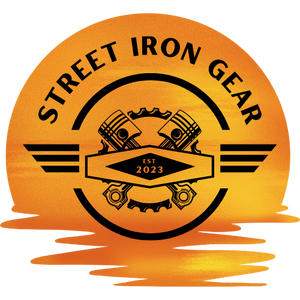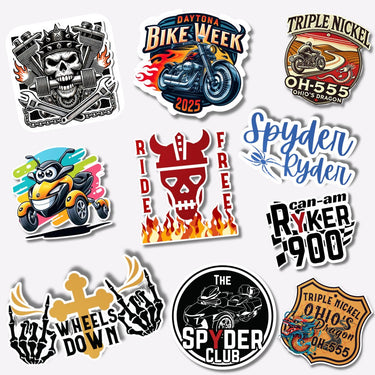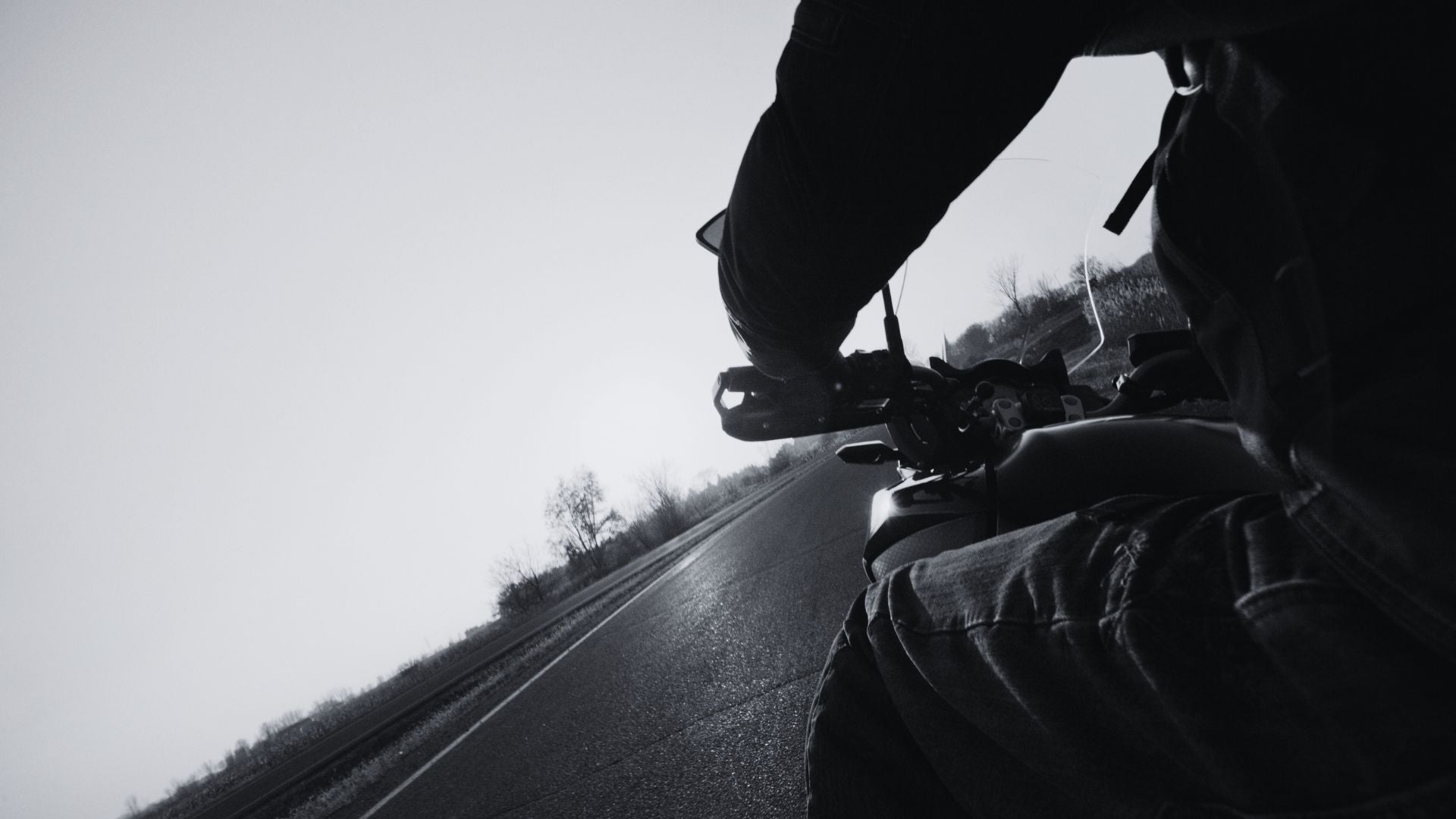Riding a motorcycle is an incredible way to experience the world around us. The sense of freedom, the hum of the engine, and the wind on your face are unparalleled. But let's be honest—riding on curvy roads or uneven terrain can sometimes feel more like a wrestling match with gravity than the blissful escape we imagine. For those of us who grew up on dirt bikes or cruised the highways, tackling challenging routes requires both skill and confidence. Over the years, I’ve learned a few lessons that might help you ride safely and enjoyably in even the most daunting conditions.
Understand the Terrain Before You Ride
Preparation is key when riding on roads that twist, turn, and buckle like an old roller coaster. Before you set out, take some time to understand the type of terrain you’ll encounter. Whether it’s the hilly backroads of Southeast Ohio or the rugged paths of a state park, knowing what lies ahead can help you prepare mentally and physically.
If you’re heading to a new location, apps like REVER and Google Maps can help you preview routes. Look out for sharp turns, steep inclines, or gravel patches that might test your skills. The more familiar you are with the terrain, the better equipped you'll be to handle it with confidence.
Gear Up for Success
Safety gear isn’t just for new riders—it’s essential for everyone, especially when tackling challenging terrain. A good helmet, armored jacket, gloves, and boots are non-negotiable. But the right gear doesn’t stop there.
For those who venture onto gravel roads or uneven paths, consider a pair of riding pants with reinforced knee protection. Riding without them is like sending your kids to play tackle football in flip-flops—not a good idea. And if you ride a three-wheeler like my Can-Am Spyder, keep in mind that a wider stance can still kick up debris, making a solid face shield invaluable.
Master the Art of Cornering
Curves can be exhilarating—or terrifying—depending on your skill level. The trick to cornering confidently lies in your ability to read the road, adjust your speed, and lean appropriately. On a two-wheeler, leaning into the curve while keeping your body loose is critical. For three-wheeled rides like the Spyder, the approach is more about steering and maintaining balance.
One tip that changed my life: Look through the turn, not at it. Your bike tends to follow your eyes, so fixating on the ditch is a surefire way to end up in it. Focus on where you want to go, not where you fear going.
Mastering Counter-Steering for Better Control
Counter-steering is one of those motorcycle skills that sounds counterintuitive but becomes second nature once you get the hang of it. In simple terms, counter-steering means you push the handlebar on the side you want to turn toward. For example, if you want to lean and turn left, you gently push forward on the left handlebar grip. This slight movement shifts the bike's center of gravity, causing it to lean and turn smoothly in the desired direction.
Why does this work? Physics. Counter-steering leverages the gyroscopic effect of your wheels and the bike's natural tendency to lean into a curve. It’s a critical skill for navigating winding roads, allowing you to make quick, precise adjustments to your trajectory without overcompensating or losing balance.
Here’s a quick tip: practice counter-steering at moderate speeds on an open, safe stretch of road. Start with small adjustments and gradually build confidence. Once mastered, this technique makes handling curves far more predictable and effortless, giving you greater control and safety on twisty routes.
Adjust Your Riding Style for the Road
Curvy roads often require frequent adjustments to your riding style. On steep hills, use engine braking to control your speed rather than relying solely on the brakes. This not only saves wear and tear but also gives you smoother control.
On uneven terrain, maintain a firm but relaxed grip on the handlebars. A death grip only transmits the terrain’s jolts straight to your body. Trust your bike’s suspension to do its job. If your route includes gravel, keep a steady throttle and avoid sharp turns or sudden braking. Riding over gravel can feel like walking on marbles, but a steady pace can help you glide through it without losing control.
Keep Your Confidence in Check
Confidence is a rider’s best friend—until it’s not. There’s a fine line between confident and overconfident, and crossing it can lead to trouble. Remember, riding isn’t about impressing anyone else. It’s about enjoying the journey while staying safe.
If you’re ever in doubt about your ability to handle a particular stretch of road, there’s no shame in slowing down, pulling over, or even walking the bike through a tricky section. As I tell my husband, “Pride can’t hold a candle to gravity.”
Practice Makes Perfect
If curvy roads and uneven terrain still intimidate you, practice is the best remedy. Start small, tackling easier curves or mild inclines before working your way up to more challenging routes. Local parks or less-traveled roads are great places to refine your skills without the pressure of heavy traffic.
When I transitioned to my Can-Am Spyder, I spent hours practicing tight turns and quick stops in an empty parking lot. It wasn’t glamorous, but it gave me the confidence I needed to hit the open road without hesitation. The same approach applies whether you’re riding a cruiser, adventure bike, or trike.
Harley Davidson 2025 Wall Calendar
For those who want to bring a touch of motorcycle culture into their home, the Harley Davidson 2025 Wall Calendar is a perfect addition. Featuring stunning photography of iconic Harley Davidson bikes, this calendar is both functional and a statement piece for any enthusiast. Whether you’re scheduling your next ride or simply enjoying the artistry, it’s a great way to celebrate the open road every day of the year.













